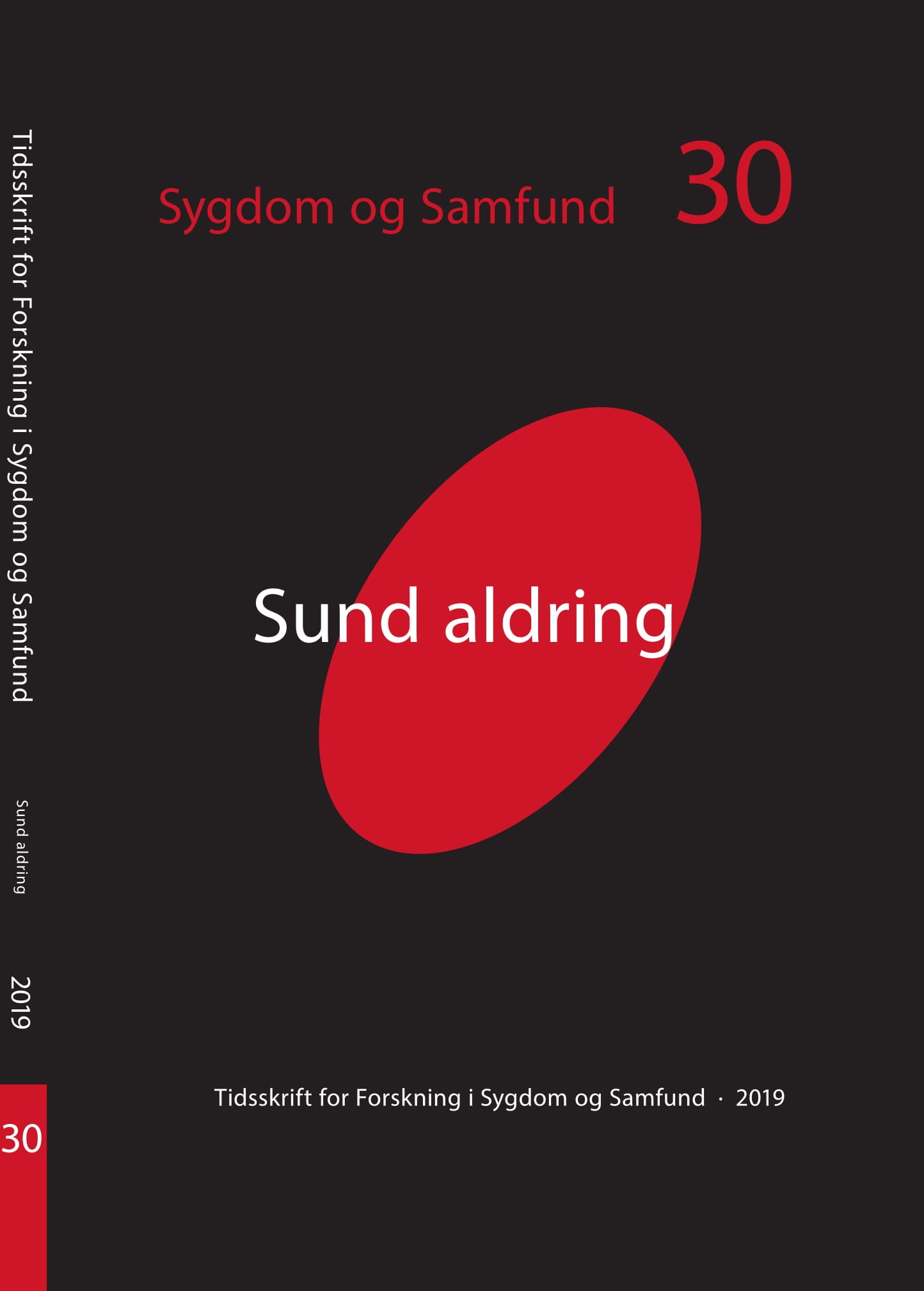Publiceret 2019-05-28
Citation/Eksport
Resumé
Baseret på feltarbejde i danske familier undersøger denne artikel håndtering og betydning af tid i familier, der lever med diagnosen Attention Deficit Hyperactivity Disorder (ADHD). Vi argumenterer for at se på et aspekt af ADHD som en tidsforstyrrelse, og undersøger hvordan dette håndteres i et moderne dansk hverdagsliv præget af mange strukturelle tidslige vilkår. Inspireret af den danske antropolog Mikka Nielsen (2016) fortolker vi hverdagslivet med ADHD ud fra et tidsperspektiv, hvor ADHD ses som en lidelse, der bliver særligt synlig i tidslige sammenstød med omgivelserne. Vi beskriver, hvordan væsentlige aspekter af ADHD kan forstås som forårsaget af en forstyrrelse i oplevelsen af tidens normale struktur af fortid-nutid-fremtid. Med sociologen Michael Flahertys begreb tidsarbejde (2011) belyser vi, hvordan brug af genstande, aktiviteter, medicin og støtte fra andre hjælper den enkelte med ADHD til at navigere i tiden. Vi kontekstualiserer analysen med strukturelle perspektiver på modernitetens kendetegn og belyser derved, at tidslige krav fra de institutionelle rammer påvirker familielivet med ADHD. Artiklen argumenterer således for et dobbelt-temporalt perspektiv på familielivet med ADHD. Undersøgelsen peger på, at feltarbejde i familier, der lever med ADHD, kan bidrage med vigtig viden, der kan opkvalificere vejledning der gives fra sundhedssystemet til patienter med ADHD og deres familier. Vi opfordrer til videre forskning om temporalitet i familier, der lever med ADHD.

